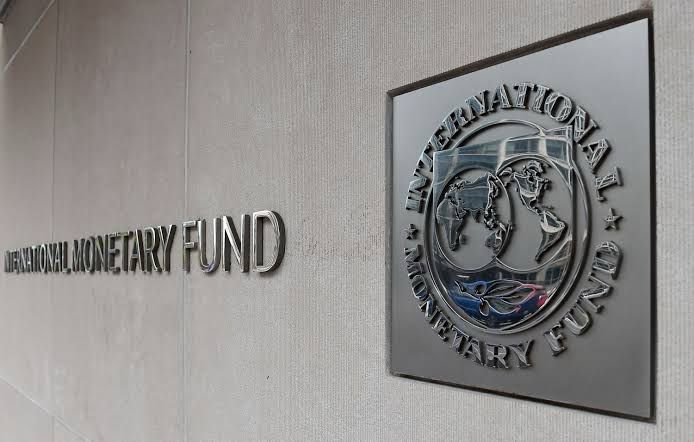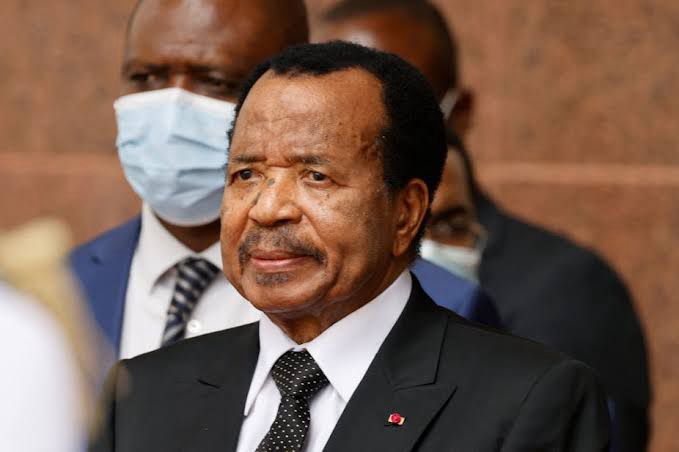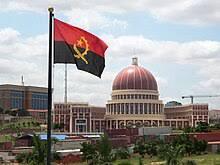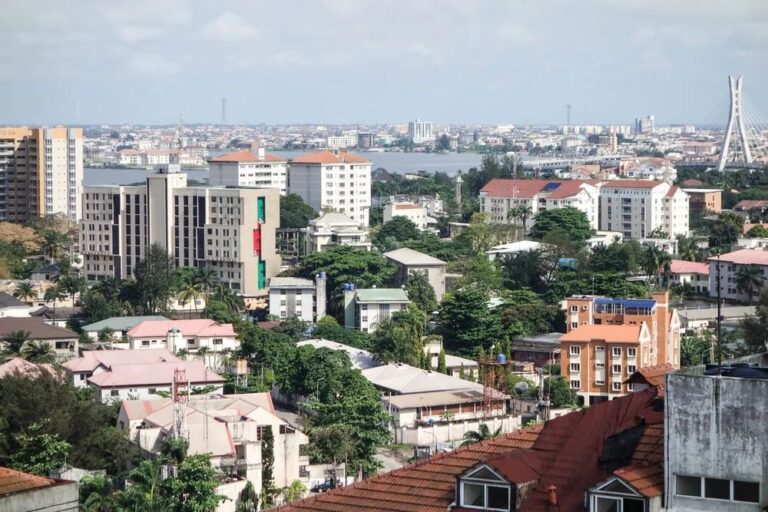The International Monetary Fund (IMF) Executive Board has given its approval for a new 48-month Extended Credit Facility (ECF) arrangement for Chad, amounting to SDR 455.65 million (US$625 million).
IMF said on Friday that this significant financial package is designed to bolster Chad’s National Development Plan 2025-2030, a comprehensive strategy aimed at fostering sustainable growth and improving social welfare.
Meanwhile, the ECF arrangement centers on three primary pillars to achieve its objectives: The program seeks to “ensure fiscal sustainability and creating fiscal space for key development projects,” which is crucial for Chad to fund essential initiatives.
IMF emphasizes that “Steadfast implementation of fiscal reforms will be critical to create fiscal space for the implementation of the National Development Plan while ensuring sustainability.”

A key goal is to “increase targeted social spending to improve development outcomes.” This pillar “aims to support the authorities’ objectives of inclusion, notably through an increase in targeted social spending to lift development outcomes,” ensuring that the benefits of development reach a broader population.
The arrangement also focuses on “enhancing governance and the business climate to foster economic growth.” IMF states that the program “will contribute to improvements in governance and business climate to create the conditions for more balanced and stronger economic growth,” which is vital for attracting investment and diversifying the economy for the West African country.

However, this financing comes at a critical time for Chad, which is facing substantial financial pressures due to the volatility of oil prices, ongoing humanitarian crises, and a decline in international donor support.
The ECF arrangement is specifically tailored to address Chad’s balance of payment needs amidst these challenges.
Despite these difficulties, IMF highlights Chad’s commitment to reform. “Despite these challenges and following the conclusion of the political transition in early 2025, the authorities have demonstrated a strong commitment to macroeconomic stability and reform, with the adoption of an ambitious National Development Plan for 2025–2030.”
The authorities’ program, “supported by a new four-year arrangement under the Extended Credit Facility, aims to address balance-of-payment needs, achieve macroeconomic stability, and support inclusive growth.” IMF said.
IMF also includes economic and financial indicators for Chad from 2023 to 2030, offering projections for the real economy, money and credit, external sector, and government finance, providing a detailed outlook on the country’s economic trajectory under the new program.













